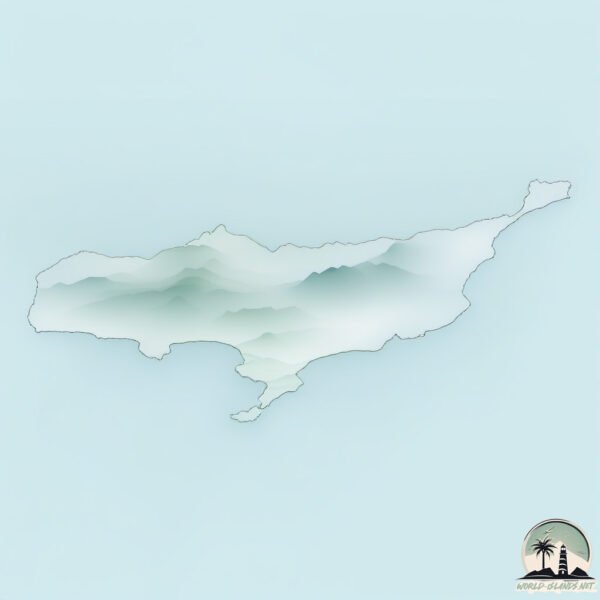St. Paul

Welcome to St. Paul, a Polar island in the Bering Sea, part of the majestic Pacific Ocean. This guide offers a comprehensive overview of what makes St. Paul unique – from its geography and climate to its population, infrastructure, and beyond. Dive into the details:
- Geography and Size: Explore the island’s size and location.
- Climate and Weather: Weather patterns and temperature.
- Topography and Nature: Uncover the natural wonders of the island.
- Infrastructure and Travelling: Insights on reaching, staying, and making the most of your visit.
- News and Headlines: Latest News.
Geography and size of St. Paul
Size: 110.7 km²
Coastline: 119.3 km
Ocean: Pacific Ocean
Sea: Bering Sea
Continent: North America
St. Paul is a Large Island spanning 111 km² with a coastline of 119 km.
Archipel: –
Tectonic Plate: North America – Covers North America and parts of the Atlantic and Arctic Oceans, characterized by diverse geological features and varying levels of seismic activity.
The geographic heart of the island is pinpointed at these coordinates:
Latitude: 57.18201122 / Longitude: -170.27441747
Climate and weather of St. Paul
Climate Zone: Polar
Climate Details: Tundra
Temperature: Cold
Climate Characteristics: The tundra climate features long, extremely cold winters and short, cool summers. Vegetation is limited to mosses, lichens, and small shrubs due to the low temperatures and short growing seasons. Biodiversity is low, but some specialized species thrive.
Topography and nature of St. Paul
Timezone: UTC-09:00
Timezone places: America/Anchorage
Max. Elevation: 153 m
Mean Elevation: 46 m
Vegetation: Herbaceous Cover
Tree Coverage: 46%
The mean elevation is 46 m. The highest elevation on the island reaches approximately 153 meters above sea level. The island is characterized by Plains: Flat, low-lying lands characterized by a maximum elevation of up to 200 meters. On islands, plains are typically coastal lowlands or central flat areas.
Dominating Vegetation: Herbaceous Cover
Comprising mainly of grasses, herbs, and ferns, these areas are common in prairies, meadows, and savannas, and can vary widely in species composition. St. Paul has a tree cover of 46 %.
Vegetation: 8 vegetation zones – Very Highly Diverse Island
Islands in this range are ecological powerhouses, showcasing a wide array of vegetation zones. Each zone, from lush rainforests to arid scrublands, coastal mangroves to mountainous regions, contributes to a complex and interdependent ecosystem. These islands are often hotspots of biodiversity, supporting numerous species and intricate ecological processes.
Infrastructure and Travelling to St. Paul
Does the island have a public airport? yes.
St. Paul has a public and scheduled airport. The following airports are located on this island: St Paul Island Airport.
Does the island have a major port? yes.
St. Paul is home to a major port. The following ports are situated on the island: VILLAGE COVE.
The mean population of St. Paul is 4 per km². St. Paul is Gently Populated. The island belongs to United States of America.
The name of the island resonates across different cultures and languages. Here is how it is known around the world: Arabic: جزر بريبيلوف; German: Pribilof Islands; Spanish: Islas Pribilof; French: îles Pribilof; Portuguese: Ilhas Pribilof; Russian: Острова Прибылова; Chinese: 普里比洛夫群岛
Continuing your journey, St. Matthew is the next notable island, situated merely km away.
Town of St. Paul, Alaska | Remote Alaska



United States of America is classified as Developed region: G7: Group of Seven – Major advanced economies, including Canada, France, Germany, Italy, Japan, the United Kingdom, and the United States. The level of income is High income: OECD.
News – Latest Updates and Headlines from St. Paul
Stay informed with the most recent news and important headlines from St. Paul. Here’s a roundup of the latest developments.
Please note: The data used here has been primarily extracted from satellite readings. Deviations from exact values may occur, particularly regarding the height of elevations and population density. Land area and coastline measurements refer to average values at mean high tide.
